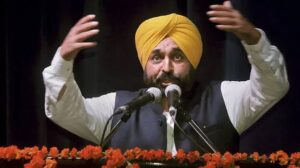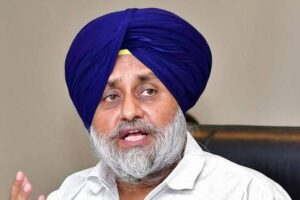Parliament on Tuesday passed the Amendments to the Disaster Management Act-2024, with Home ਮੰਤਰੀ Amit Shah stressing that the new provisions would not lead to centralisation of power in disaster management.
Shah responded to Opposition concerns, clarifying that the amendments would empower state and ਜ਼ਿਲ੍ਹਾ authorities in handling disasters. He emphasized that the ਜ਼ਿਲ੍ਹਾ Disaster Management Authorities (DDMAs), which fall under state governments, would hold the most significant authority. The amendments aim to shift from a reactive approach to a proactive, risk-reduction strategy, with AI-based real-time monitoring and social media updates replacing traditional methods.
The Home ਮੰਤਰੀ also took the opportunity to criticize the Congress party’s handling of the Prime ਮੰਤਰੀ’s Relief Fund, accusing the party of lacking transparency. He highlighted that, under the Congress regime, only one family controlled the PM’s Relief Fund, and it allegedly funded entities like the Rajiv Gandhi Foundation, which also received funds from China and other controversial sources. In contrast, Shah claimed the BJP ਸਰਕਾਰ used the PM’s Relief Fund for public welfare during the pandemic.
Additionally, Shah addressed accusations of mismanagement during the Covid pandemic, asserting that the PM-CARE funds were used for essential infrastructure, such as ventilators and vaccines. He also outlined the creation of national and state databases, and the empowerment of states to establish Urban Disaster Management Authorities (UDMAs) and State Disaster Response Forces (SDRFs).
Shah concluded that the aim of the amendments was to shift towards a more collaborative, society-involved response to disasters, moving beyond ਸਰਕਾਰ-led initiatives.


